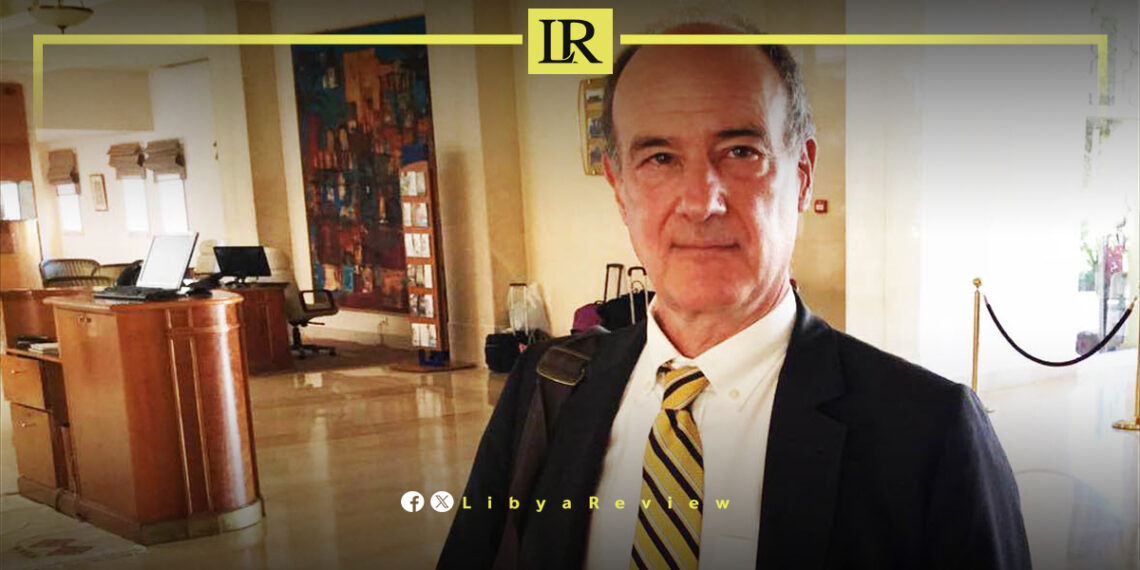Jonathan Winer, the former U.S. Special Envoy to Libya, suggested that Italy has a strong opportunity to reclaim its leadership role in shaping a cohesive approach toward the Libyan crisis. In an exclusive interview with the Italian news agency Nova, Winer highlighted the potential for a collaborative framework between the U.S., U.K., and other Western nations to establish a solid foundation for stabilizing Libya.
Commenting on France’s role, Winer questioned how Paris might respond to Italy’s growing influence in Libya, noting the often complex dynamics among European partners.
Regarding the U.S. stance, Winer speculated that former President Trump would likely not focus directly on Libya. However, he may be receptive to requests from key allies like Italy, Egypt, and the UAE, potentially allowing Italy to play a more active role in managing the Libyan crisis.
Winer concluded by expressing confidence that Italian Prime Minister Giorgia Meloni could secure backing to take a pivotal role in Libya, provided she acts swiftly and presents proposals aligning with U.S. interests.
Libya has been in chaos since a NATO-backed uprising toppled longtime leader Muammar Gaddafi in 2011. The county has for years been split between rival administrations.
Libya’s economy, heavily reliant on oil, has suffered due to the ongoing conflict. The instability has led to fluctuations in oil production and prices, impacting the global oil market and Libya’s economy.
The conflict has led to a significant humanitarian crisis in Libya, with thousands of people killed, and many more displaced. Migrants and refugees using Libya as a transit point to Europe have also faced dire conditions.
The planned elections for December 2021 were delayed due to disagreements over election laws and the eligibility of certain candidates. This delay has raised concerns about the feasibility of a peaceful political transition.
Despite the ceasefire, security remains a significant concern with sporadic fighting and the presence of mercenaries and foreign fighters. The unification of the military and the removal of foreign forces are crucial challenges.


